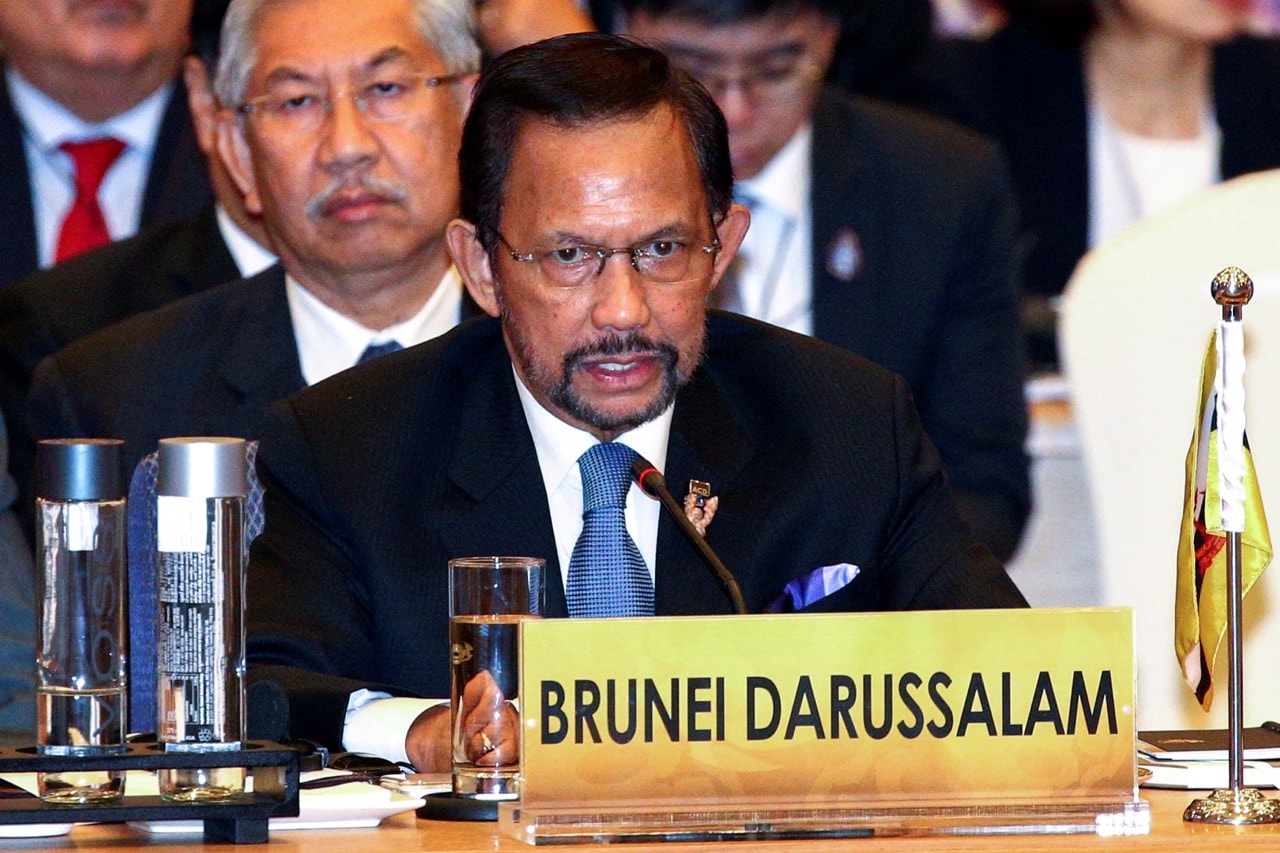(SEAPA/IFEX) – The Brunei media, already subservient to the ruling royalty in the oil-rich nation of 380,000 inhabitants, have been warned to respect the government’s withholding of certain sensitive information. Eusoff Agaki Ismail, deputy minister at the Prime Minister’s Office, also told media outlets not to “play with fire” when reporting on the sultanate. “Disregard […]
(SEAPA/IFEX) – The Brunei media, already subservient to the ruling royalty in the oil-rich nation of 380,000 inhabitants, have been warned to respect the government’s withholding of certain sensitive information.
Eusoff Agaki Ismail, deputy minister at the Prime Minister’s Office, also told media outlets not to “play with fire” when reporting on the sultanate.
“Disregard for the guidelines set by the government can be construed as provocative and, in some instances, subversive acts,” local reports quoted him saying in a speech at a luncheon for media and public relations officers on 4 April 2007.
Since 1959, Sultan Hassanal Bolkiah has ruled as absolute monarch with full executive powers.
Media freedom in Brunei is severely hampered by restrictive laws, in particular, a press law that allows authorities to shut down newspapers without having to show cause, and criminalises the publishing of “false and malicious” news. In addition, all media must apply for a licence from the Home Affairs Ministry, the approval of which is at the minister’s full discretion.
Another factor contributing to an environment of self-censorship in the kingdom is media ownership. Brunei’s only television station is state run. Of the four local publications, the royal family owns the largest daily, the English-language “Borneo Bulletin”, and the sole Malay-language daily, “Media Permata”, while the Information Department publishes the free Malay-language weekly “Pelita Brunei”. The English-language broadsheet, “The Brunei Times”, is owned by a group of prominent entrepreneurs.

